
The river IJssel, in the Netherlands. The Dutch Delta is highly urbanized, and a lot of effort needs to be invested in multiple use of space, collaboration and dialogue between different actors and interests. This is an ongoing process, often named as "Polderen" from the Dutch word "Polder", land reclaimed from the sea. Although it is perceived as slowing down processes at least initially, it is also seen as an adaptive capacity.
Introduction
Peter Glas, the Delta Programme Commissioner is the government official responsible for the Delta Programme. He is here presenting the Delta Programme and its unique approach especially with a focus on governance at the WAC Webinar on Deltas on the 24th of Feb 2022.
The most important feature is the innovative collaborative arrangements, involving various layers of administration and different stakeholders. That includes central government, municipalities, water authorities, the public, businesses, knowledge institutes, and NGOs. It provides in such way adaptive capacity to be resilient while living in a highly urbanised Delta and the environmental dynamic environment.
While all levels play their part, and the Netherlands is a decentralised state, the national program has an important role to trigger and coordinate collaborative action in consultation with the other levels. The integrating efforts at national level, provides a strategic and long term direction.
This article will be updated with links to other information related to the Delta Program.

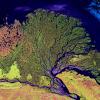

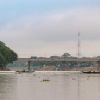
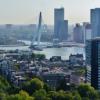
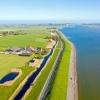
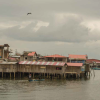

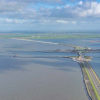

Trending Discussions
From around the site...
“Absolutely interested! I'll connect via email to discuss reviewing and enhancing the Economic Analysis of Climate...”
Adaptation-related events at COP28 (all available to follow/stream online)
“Please check out these adaptation-related events taking place at COP28 - all available online (some in person too if...”
Shining a light for biodiversity – four perspectives to the life that sustains us. Four hybrid sessions.
“30 November to 19 December 2023 - Four Sessions Introduction The SDC Cluster Green is happy to invite you to the...”